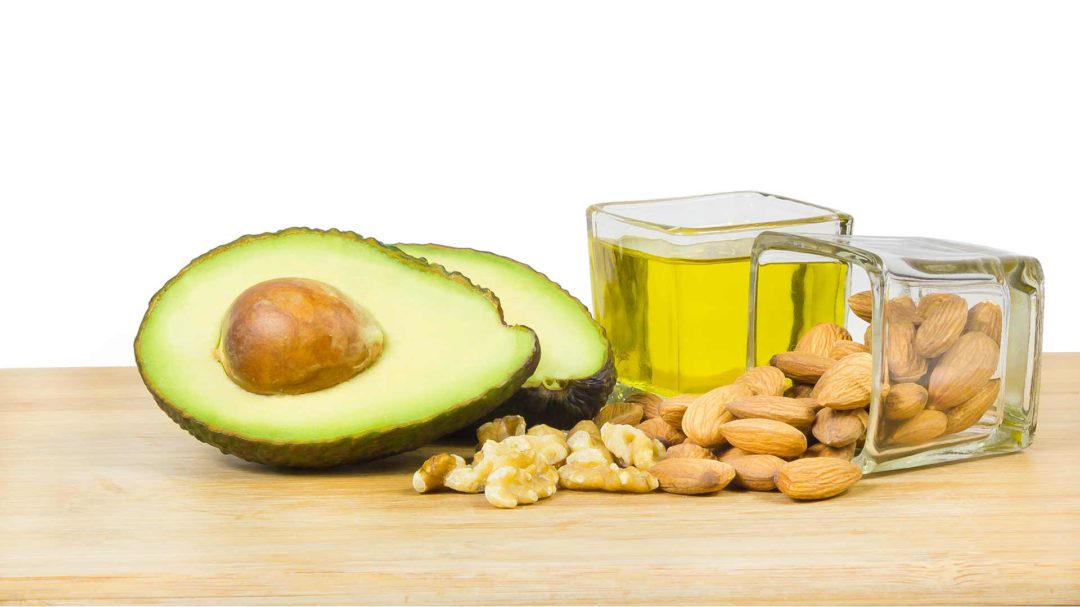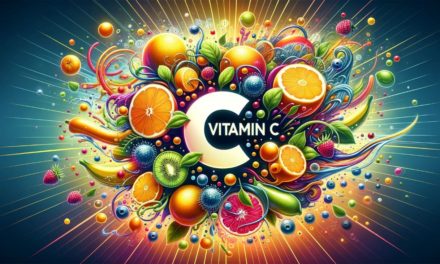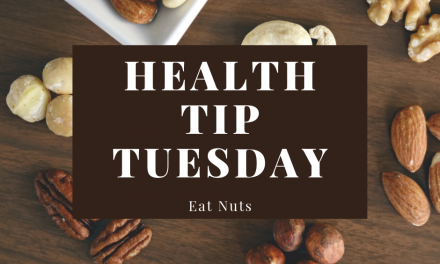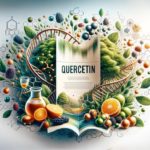Over the past few decades, fatty foods have been vilified in the United States. In fact, the American Heart Association recommended in the mid-1970s that people should reduce their fat intake and instead eat more carbohydrates. While the guidelines released advocated more for carbs in the form of fruits, the average American understood that all carbs were healthy and all fats were bad. As a result, people began consuming more sugary and processed foods and refined carbs.
The problem? These changes were implemented in hopes of reducing heart disease and obesity. Unfortunately, consuming refined carbs and less fat only compounded the problem. Today, studies have shown that fats are equally as essential in your diet as carbs, proteins, vitamins, and other nutrients. In fact, research has shown that consuming the right type of fat will improve your cholesterol levels and lower your risk of diabetes and cardiovascular disease.
But what exactly do we mean by the right type of fat? Well, there are two types of fats; the unsaturated and saturated fats. The saturated fats are the ones scientists have warned us against for decades. They have been shown to raise the levels of “bad” cholesterol which has been linked to several diseases. However, not all saturated fats are bad for you nor do they elevate cholesterol levels. Bad fats include all trans and hydrogenated fats. The unsaturated fats, on the other hand, have been shown to lower cholesterol levels hence considered healthy.
Now that it is clearer why we need to include fats in our diet, here are the Top 7 Healthy Fats You Need to be Consuming:
Coconut Oil
Coconut oil has increasingly become popular over the years due to its numerous benefits. Some people use it for the skin and hair while the majority consume it in food. While it contains saturated fats, studies have shown that populations that consume it in large quantities do not exhibit high levels of cardiovascular disease. But what makes it different? Well, coconut oil is rich in medium chain fatty acids which are easily digested and metabolized for the generation of energy. Studies have shown that consuming medium-chain fatty acids lowers appetite hence facilitating the consumption of fewer calories.
Other studies have also shown that these fatty acids improve brain function and memory, which can benefit people with dementia and Alzheimer’s disease. It is recommended that you include coconut oil in your diet.
Olive Oil
The myriad benefits of olive oil are the reason it is an essential component of the Mediterranean diet. Olive oil contains vitamin E and K and has very high levels of antioxidants. These antioxidants play a great role in the reduction and prevention of inflammation. Therefore, olive oil is helpful for protecting against cellular damage. They also prevent the oxidation of low-density lipoproteins (LDL). Studies have also demonstrated reduced blood pressure and an improvement in cholesterol markers by those who consume the foods with olive oil. Never cook with olive oil contrary to what we’ve been taught. It is not stable enough to withstand the effects of heat. As a result, it breaks down when heated. In other words, it’s essentially becoming “rancid” when heated. You can, however, drizzle it over foods after they’ve been cooked. Otherwise, stick to using olive oil in your salad dressings and the like.
Avocados & Avocado Oil
Avocados are some of the healthiest fruits that one can consume. Unlike other fruits packed majorly with sugars/carbohydrates, avocados are packed with healthy fats. The main fat in avocado, which has been attributed to its many benefits, is a monosaturated fat known as oleic acid. This helps with the reduction of low-density lipoproteins and the increase in levels of high-density lipoproteins (good cholesterol). This fruit also contains very high levels of potassium. In fact, it has been shown to have 40% more potassium than the banana. A study conducted by the CDC showed that generally, those who consume avocados daily are healthier than those who do not. Avocado oil is a great alternative oil for cooking. It is relatively tasteless and can withstand higher temperatures without breaking down.
Grass-Fed Organic Beef
Grass-fed organic foods contain high levels of proteins and fat. It also has high levels of essential fatty acids such as omega-3 fatty acids and conjugated linoleic acid, or CLA. These fatty acids have been shown to be necessary for optimal brain function, are cardioprotective and prevent cancers. While most people shun away the idea of consuming beef as being unhealthy, grass-fed beef is actually healthy and should be included in the diet. Cows are not bad for us, it’s what we do to the cows that make them bad for us.
Ghee
Ghee contains high levels of vitamins A, D and E which are fat-soluble. These vitamins are easily absorbed and stored and help greatly with digestion. It also contains significant levels of Vitamin K which help improve bone density as a result of helping keep calcium in your bones. Ghee is also lactose and casein-free so it can be used by those who are lactose intolerant.
Seeds
Flax and chia seeds may not seem like they are fatty foods but indeed they contain very high levels of fat. An ounce of chia seed, for instance, have been shown to contain up to 9 grams of fat. However, most of the fat is actually good fat. These seeds contain high levels of essential fatty acids, which have been shown to have numerous benefits including anti-inflammation, cardioprotection, and anti-depression due to high levels of anti-oxidants.
Nuts / Nut Butter
Nuts such as cashews, almonds, and hazelnuts contain high levels on of monounsaturated fatty acids, which improve the levels of HDL (“good” cholesterol) while reducing the level of LDL (“bad” cholesterol). Studies have shown that these nuts offer cardioprotective and neuroprotective benefits and should be included in the diet.
The foods suggested in the article are healthy and can be good additives to your diet. However, it is recommended that you inform your doctor on the various remedies that you are trying out. This will ensure that you do not consume anything that might interfere with your treatment regimen.
One more thing before I forget! Did you know, you can take a simple yet comprehensive brain assessment that will help measure your brain health! There is a really good marker in here that will help us determine your level of inflammation as well. Click Here to check it out!
Resources:
- 10 High-Fat Foods That Are Actually Super Healthy. (n.d.). Retrieved from https://www.healthline.com/nutrition/10-super-healthy-high-fat-foods#section7
- 5 Foods You Should Be Eating for Your Best Body ‘Inside and Out. (2012, January 16). Retrieved from http://www.eatingwell.com/article/54667/5-foods-you-should-be-eating-for-your-best-bodyinside-and-out/
Fats You Can and Should Eat. (2012, June 4). Retrieved from http://www.health.com/health/condition-article/0,,20582466,00.html - Liu, A. G., Ford, N. A., Hu, F. B., Zelman, K. M., Mozaffarian, D., & Kris-Etherton, P. M. (2017). A healthy approach to dietary fats: understanding the science and taking action to reduce consumer confusion. Nutrition Journal, 16(1). doi:10.1186/s12937-017-0271-4
- Skerrett, P. J., & Willett, W. C. (2010). Essentials of Healthy Eating: A Guide. Journal of Midwifery & Women’s Health, 55(6), 492-501. doi: 10.1016/j.jmwh.2010.06.019












